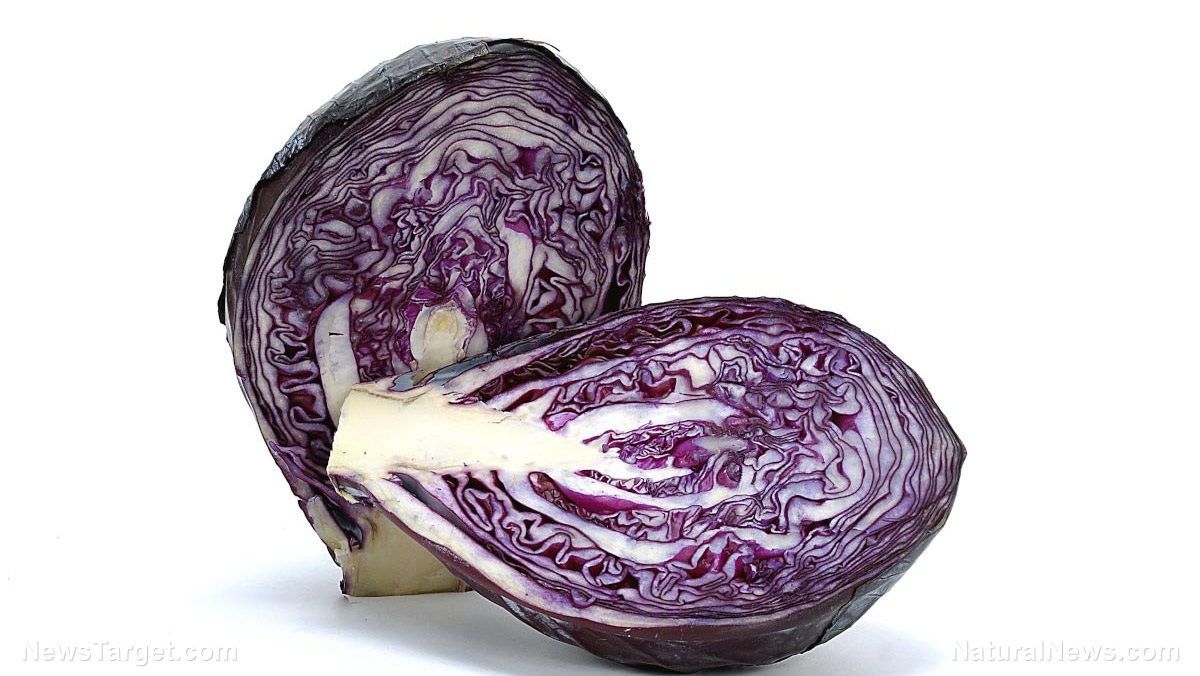
The study was conducted by a team of researchers at Osmania University in India who evaluated different extracts of red cabbage for their antioxidant and anticholinesterase activity. In conducting the study, the research team gathered red cabbage from the local market. They then dried and extracted them with different solvents including n-hexane, dichloromethane, ethyl acetate, methanol, and water. After that, the team conducted qualitative and quantitative phytochemical screening of these extracts and evaluated their antioxidant and anticholinesterase activities.
Based on the assessments, the researchers found that red cabbage extracts possess antioxidant activity, with the methanol extract being the most potent. The extracts of red cabbage also demonstrated acetylcholinesterase inhibition activity, with the n-hexane extract of red cabbage exhibiting the greatest acetylcholinesterase inhibition activity. In addition, red cabbage was found to contain terpenoids, which are acetylcholinesterase inhibitors.
Because of red cabbage's antioxidant and anticholinesterase activities, eating more of this vegetable can help in preventing or treating Alzheimer's disease. The disease has been associated with impairment in cholinergic transmission, and cholinesterase inhibitors are considered as the most effective preventive measure for the disease.
In conclusion, the findings of the study suggested that red cabbage can help prevent Alzheimer's disease because of its potent antioxidant and anticholinesterase activities.
More reasons to eat red cabbage
Red cabbage, also known as purple cabbage, belongs to the family of Brassicaceae. If you're not familiar with this vegetable, it is similar to green cabbage, which is round and wrapped in tightly wound waxy leaves, except that it is red in color and has a bitter, peppery flavor. Red cabbage's red color is because of the presence of anthocyanin polyphenols that have anti-inflammatory properties. It also contains twice the amount of vitamin C as green cabbage. It is also rich in dietary fiber and other vitamins. Here are some of the best health benefits red cabbage offers:
- Red cabbage aids in weight loss: Eating red cabbage aids in weight loss because it is low in calories and rich in dietary fiber that makes you feel fuller and prevents you from overeating. It also aids in digestion.
- It boosts the immune system: Red cabbage contains vitamin C, which is a potent antioxidant that catalyzes the production of white blood cells, the body's first line of defense against harmful microbes. Vitamin C also aids in the formation of collagen, which is needed in protecting body tissues.
- It fights arthritis: Red cabbage contains anthocyanine which prevents joint inflammation that can lead to arthritis.
- It helps prevent cancer: The antioxidants in red cabbage, such as anthocyanins and indoles, act against harmful free radicals in the body that cause diseases.
- It helps treat ulcers: Red cabbage contains glutamine that helps reduce pain and inflammation associated with ulcers.
- It prevents skin aging: The powerful antioxidants present in red cabbage help remove dark spots and reduces wrinkles and age spots. They also help keep skin fresh and tight. Eating red cabbage helps to regenerate skin cells, protect the skin from sun damage, and maintain skin elasticity.
- It strengthens bones: Minerals, such as calcium, magnesium, and manganese, are important for bone growth and bone density. Moreover, the vitamin K content of this vegetable helps lower the risk of osteoporosis as it raises the amount of protein needed to maintain bone calcium.
- It supports eye health: Red cabbage contains vitamin A that helps eye cells to detect light and convert it into nerve impulses. This vitamin also helps fight macular degeneration and cataracts.
Red cabbage is most commonly pickled and made into sauerkraut. It can also be added as an ingredient to other dishes. (Related: Why You Should Add More Purple Cabbage to Your Diet.)
Read more news stories and studies on superfoods like red cabbage by going to Superfoods.news
Sources include:
Please contact us for more information.























